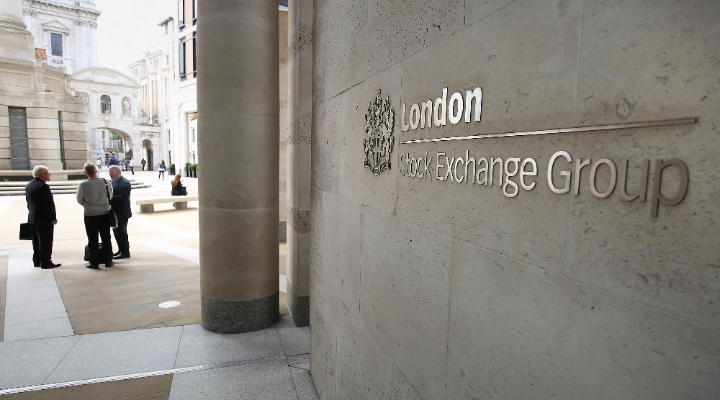
A coronavirus-induced sell-off has impacted all areas of the market, including investment trusts. The extraordinary month has skewed overall performance figures for the first three months of the year.
By and large, the most resilient trusts in March proved to be the better performers in the first quarter of the year as a whole, and the worst performers in the month are also among the weakest year to date.
We have looked at the quarterly performance of the 59 trusts rated by Morningstar and found that just three – Ruffer (RICA), JPMorgan China Growth & Income (JCGI) and Scottish Mortgage (SMT) – posted positive returns in the first three months of the year. The worst performers in the quarter were Fidelity Special Values (FSV), Aberforth Smaller Companies (ASL) and Temple Bar (TMPL),
Some of the most highly rated investment trusts are among the best performers – with trusts rated Gold, Silver and Bronze making it into the top 10. Just two trusts in the produced a positive return in March - no mean feat at a time when the FTSE All Share fell 26% and the S&P500 20%.
There is little commonality between the top-performing trusts. Ruffer has a large exposure to bonds, which have in general provided the defensive qualities investors value in a crisis while JPMorgan China has benefited from China’s quick bounceback from the coronavirus and the resilience of its equity markets. The trusts returned 2.12% and 0.89% respectively in the first quarter of 2020, and Ruffer posted an impressived 6.74% in March.
Meanwhile, Scottish Mortgage’s bias towards technology companies has helped it at a time when millions of people are having to work from home and socialise through social media and apps. The trust is up 0.4% in the first quarter of the year, and down 5.76% in March.
It is, perhaps, of little surprise to see two healthcare and biotech funds among the top performers, as governments across race to find a cure for Covid-19. Worldwide Healthcare is down 7.41% year to date and Biotech Growth 8.42%. Investing in certain healthcare companies, such as virtual GP service Teladoc, has boosted the performance of a number of funds and trusts in recent weeks.
Value and Smaller Companies Hammered
Smaller companies trusts make up a big proportion of the bottom 10 performers. Silver-rated Temple Bar is run by contrarian value manager, Alastair Mundy, who is known for focusing on unloved recovery stocks - it's largest investments include a number of companies which have been hurt in the recent sell-off including easyjet, BP and Shell. Indeed, it is down an eye-watering 46.52% in the first quarter of the year.
The trust’s board recently announced plans to reduce the level of borrowing (gearing) in the trust, which can boost performance in good times but weigh heavily when markets are falling.
Other smaller companies and values names in the list of worst performers include Aberforth Smaller Companies, down 43.23% year to date, Fidelity Special Values, down 36.83% and Lowland Investment Company, down 35.54%.
JPMorgan Indian also found itself among the bottom performers as many investors grew increasingly worried about the late reaction of the country's Prime Minister to the coronavirus pandemic. The country has also been dealing with concerns about its banks.
The March sell-off has also wreaked havoc with investment trust premiums and discounts; some of these trusts’ discounts widened significantly in the middle of the sell-off but have since come back. However, there does not appear to be a correlation between Q1 performance and premiums/discounts. JPMorgan Japanese, one of the best performers of the quarter is trading at a discount of more than 15% while the shares of BlackRock Throgmorton remain at a premium of 3.79%.
The discount level is, perhaps, more of an indication of how investors expect these trusts to perform. April has not started auspiciously for those investors backing on a equity market recovery – and experts are forecasting further volatility.
“With the world still trying to understand the full impact of Coronavirus, it is likely that markets will remain volatile in the coming quarter and a wide dispersion of returns for Q2 highly likely,” says Ryan Hughes, head of active portfolios at AJ Bell.





























